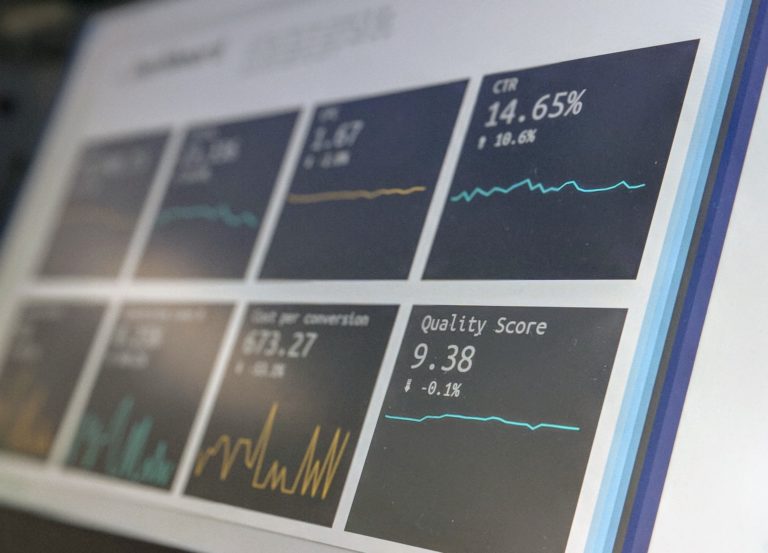The real estate market offers a fantastic space for retail investors to grow their portfolios and generate exponentially increasing dividend payouts. Real estate has been trusted by the world’s wealthiest investors, such as BlackRock, for generations and many other accredited investor types are finding this tool to be a wonderful opportunity as well.
If you’re thinking of diversifying your portfolio with a new asset class, particularly in the property market, then this guide should help you identify the opportunities inherent to real estate investing and help you make an informed decision about your financial future.
Real estate holdings pay monthly dividends.

Many investors in this space choose to hold rental properties that pay out large monthly dividends in the form of a tenant’s rent check, right into their bank account. Annualized, many investors here bring in a gross percentage increase in the double digits. In other words, this investment opportunity has much more high yields than stock returns, as well as those of other asset classes. Remembering that real estate holdings must function in much the same way as any other investment opportunity is the best way to grow your profits in this new investment arena. This means classifying dividend income in the form of rent and market value in concrete ways, just as you would with stocks or other asset classes.
Resale value is king.

The real power of the real estate market comes from the ramp-up in property value across the United States and beyond. Properties ride the wave of inflation and commodity supply and demand curves to create a continually increasing resale value while your mortgage loan remains a static repayment fixture. In addition to monthly rental income that will often cover your monthly costs as a borrower of federal loans or any other type of mortgage, a property’s value fluctuates on the market in the same way that any other asset class will (the stock market, gold pricing, cryptocurrencies, and similar).
Expenses

That being said, understanding the expenses associated with real estate holdings is crucial to making a smart decision when it comes to becoming a new borrower and purchasing a property as an alternative investment. While investments that create expansive wealth opportunities offer options for going back to school as an adult, there are some primary concerns that any landlord must take into consideration. That’s not to say that an alternative investment can’t boost your annual income in ways that allow you to earn a bachelor’s degree or a master’s degree without drowning in student loans. It’s just that, while this may be a great option, it also has upfront costs to consider. There’s a downside to alternative investments like property as well.
One of the main drains on your cash flow is the need to hire a roofing company every few years. While many landlords can mitigate this expense with the financial aid that comes as a mortgage borrower, the need to stay on top of roof repair and maintenance work is essential for any successful real estate investor who deals in real property. The roof requires yearly maintenance to clear debris from the shingles and gutters and to check for weathering or other damage to the chimney or shingles caused by the elements in your local area.
In addition, you will have to maintain the appliances in the home and furnishings, if offering a furnished home to applicants looking to rent from you. Certainly, adding a home or apartment to your portfolio is a great way to create an influx of collateral value and monthly cash, but the risk of a major payout at any given moment weighs on owners.
Using a Yieldstreet Platform
A great way to eliminate this worry is to utilize a REIT investment instead. Learning about real estate investment funds (try searching for “what is Yieldstreet” for a detailed look at the Yieldstreet Prism Fund to see one strong example) will often net you a fantastic opportunity to engage with the dividend potential of the real estate market without the added risk. These function in the same way as stock holdings and fluctuate in share value alongside the real property that makes up the portfolio’s holdings.
Beginning with a fund like those offered by Yieldstreet presents a great way for investors to dip their toes into the property market without the added stress and risk of a physical property purchase.

